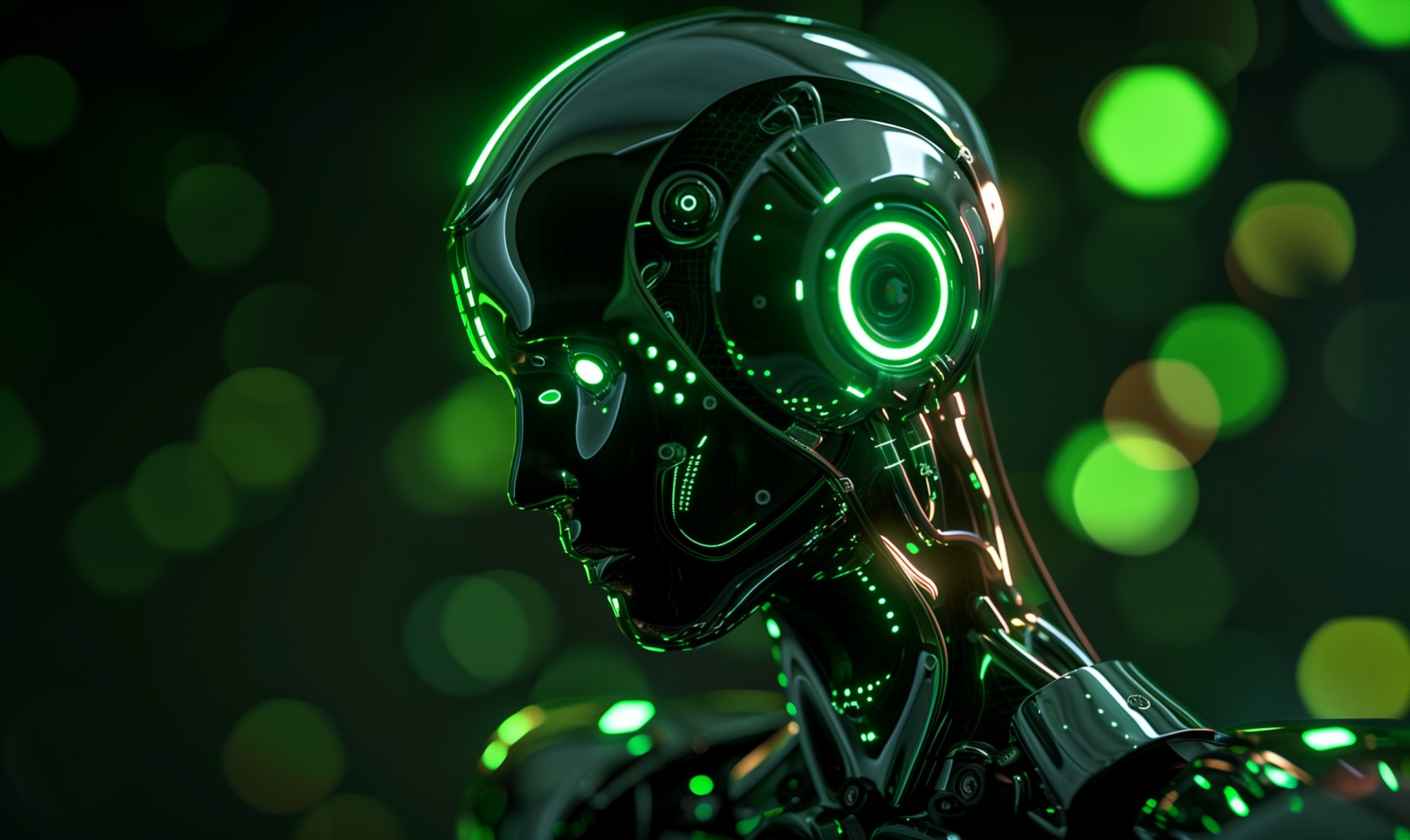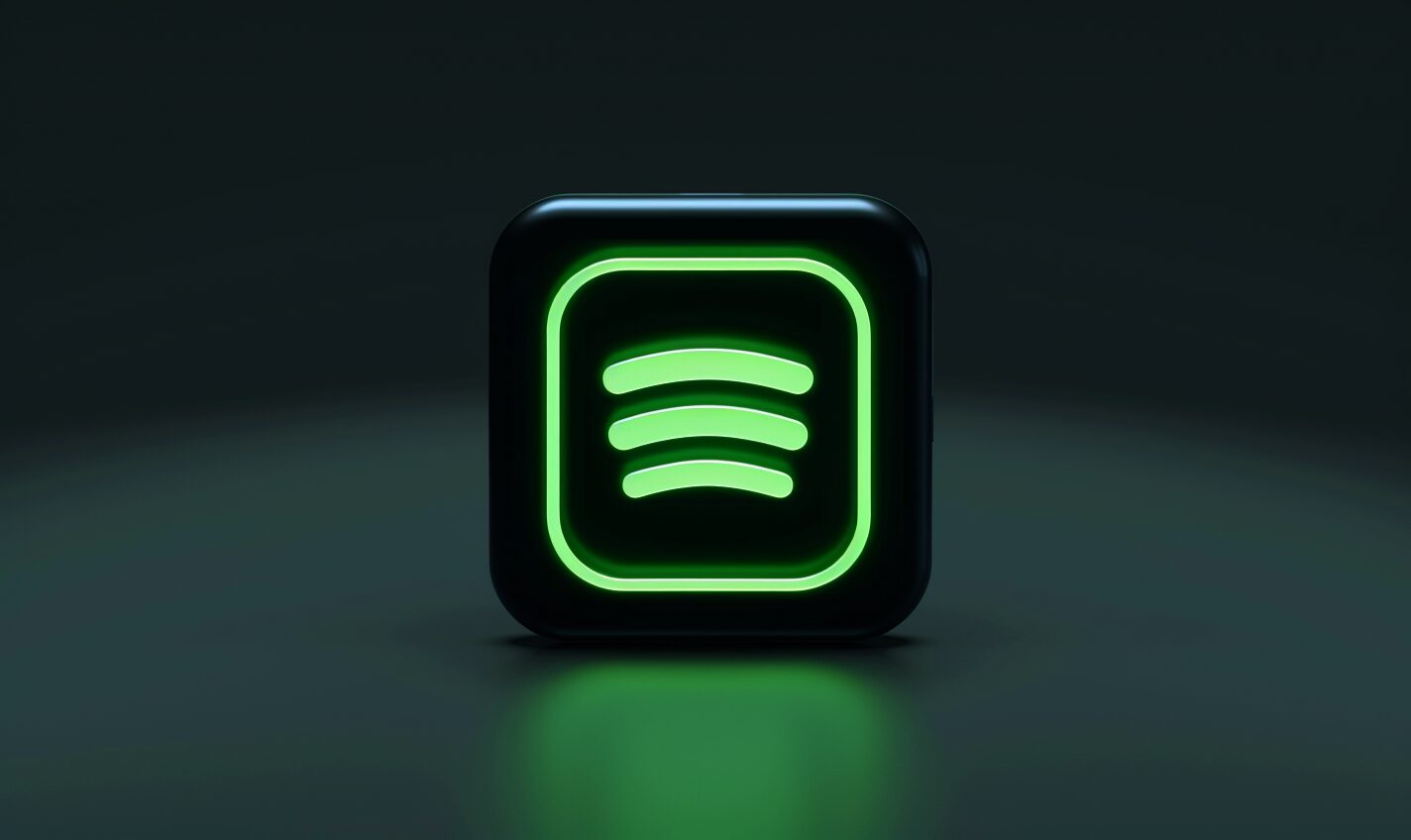Hypnos, the Greek god of sleep, was the fatherless son of night itself, painted as a winged figure in numerous works of art. An ancient Japanese folk remedy for insomnia involved eating sea slug entrails, and in Elizabethan England, the proposed treatment for restlessness was to rub mouse fat on your feet.
Sleep has always captured people’s imagination. Now, in a world obsessed with recording data, sleep apps have become as ubiquitous as white noise machines or blackout curtains. And every now and then, dreamers get a big surprise when they check their phones in the morning. Here’s how apps for sleep tracking can help reveal hidden illnesses.
Falling into Dreams
It’s a familiar trope: A character with narcolepsy drifts off in the middle of a sentence, dropping to the ground without warning. Often thought of as a disorder that causes sudden sleep attacks, the reality is a lot more complex.
Some sufferers do have episodes where they collapse, but they remain awake throughout the experience. This loss of muscle strength is called cataplexy. They also have episodes of extreme daytime sleepiness where they may suddenly need a nap.
But one hallmark clinical finding is that narcolepsy patients start dreaming as soon as they fall asleep — in other words, their sleep cycle is out of order, and they enter the REM stage first instead of last.
Apps can’t measure your brainwaves. They can, however, potentially detect how quickly you fall asleep and how often you wake up, and some will let you record subjective data such as how you feel in the morning. All of these can provide useful clues as to whether you should see a sleep specialist who can diagnose narcolepsy.
Fighting With a Ghost
Unlike restless leg syndrome, in which patients are well aware that they’re moving their legs, people with periodic limb movement disorder (PLMD) thrash about in their sleep. They often don’t realize that they’re doing it at all.
Similarly, people who sleepwalk don’t always know they’re getting up at night. Both disorders can leave a person feeling exhausted the next day, and sufferers are often left in the dark as to why they’re so tired.
But apps connected to devices that measure movement and heart rate can pick up on these disorders. In fact, they’re sometimes the first clue as to what’s causing a person’s daytime sleepiness.
Gasping for Air
Sleep apnea involves periods of shallow or absent breathing during sleep, often punctuated by snoring, gasping or choking. Obesity can cause sleep apnea, but it also becomes more common with age. Sufferers usually feel tired during the day.
Physicians have noted an uptick in the number of patients who discover, via the use of apps designed for sleep tracking, that they wake up multiple times per night. It’s both a blessing and a curse.
On the one hand, it has helped diagnose many people with sleep apnea who otherwise wouldn’t have seen a doctor. But clinicians have also found that some people obsess over their sleep quality, a condition dubbed orthosomnia. It’s been rising steadily since the dawn of sleep-tracking apps.
Ironically, fretting about the amount of shuteye you get can make it harder to fall asleep and cause worse sleep quality overall. Most people who use apps for sleep tracking purposes don’t develop this anxiety, but it’s important to point out.
Listening In
Sleep apps may be a useful tool for discovering hidden sleep disorders. However, many of them lack empirical evidence to back up their claims. There are also concerns regarding data collection — some apps can share people’s information with hospitals, companies or researchers, raising questions about privacy.
Does it matter if strangers might be listening while you sleep? Or is it worth it to see how often you wake up?
Unlike doctors conducting a study in a clinic, apps for sleep tracking aren’t bound by federal privacy laws. Users should proceed with caution.
The Wild West of Apps for Sleep Tracking
Ultimately, it’s your choice whether or not to use sleep tracking apps. Many people love them. Others find them invasive. Either way, they can’t diagnose your problems, but they might be able to guide you toward a specialist who can.
Recent Stories
Follow Us On
Get the latest tech stories and news in seconds!
Sign up for our newsletter below to receive updates about technology trends














